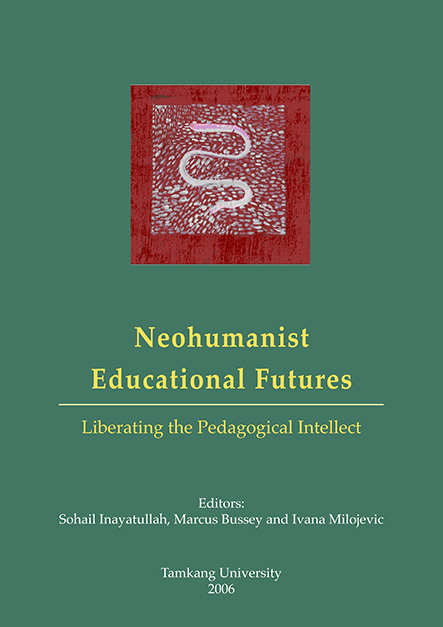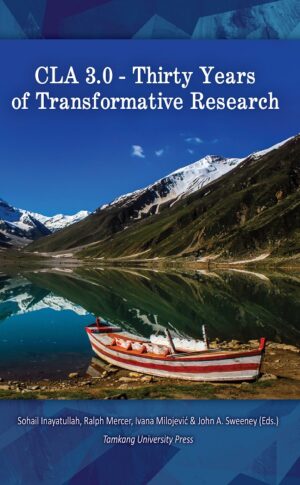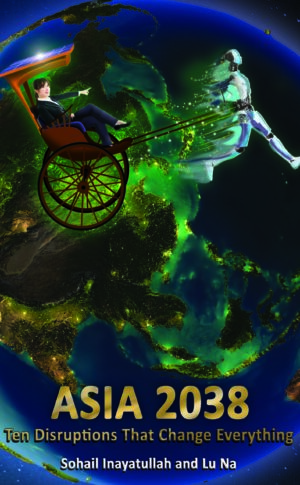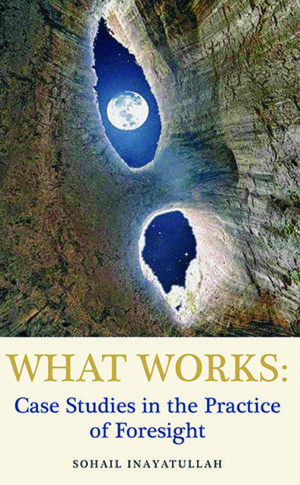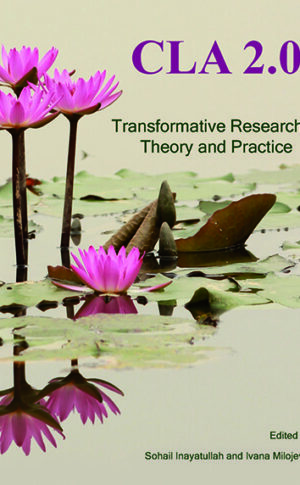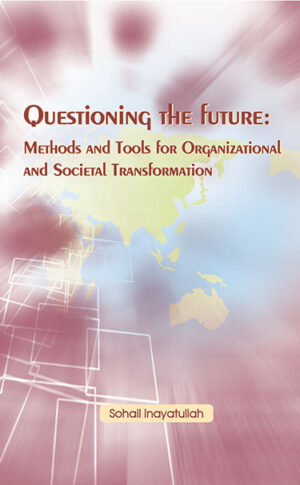Neohumanist Educational Futures (2006)
$20.00
Neohumanist Educational Futures: Liberating the Pedagogical Intellect
Edited by Sohail Inayatullah, Marcus Bussey and Ivana Milojević
Tamkang University Press, Tamsui, Taiwan, 2006
To create an alternative futures which embraces transcultural and transcendental sustainability, a new educational philosophy and practice is required. Neohumanist Educational Futures explore such new philosophy and practice by linking neohumanism (the expansion of humanism to include nature and deep spirituality) with pedagogy and futures thinking.
Additional information
Neohumanist Educational Futures: Liberating the Pedagogical Intellect
Edited by Sohail Inayatullah, Marcus Bussey and Ivana Milojević
Tamkang University Press, Tamsui, Taiwan, 2006
Neohumanist Educational Futures breaks new ground by linking neohumanism (the expansion of humanism to include nature and deep spirituality) with pedagogy and futures thinking.
Inayatullah, Bussey and Milojević, all educators, theorize the ethics of inclusion and exclusion; situate neohumanism in Tantric and transcultural futures; map out issues in neohumanist pedagogy (including, education for world futures; from information to wisdom; social cohesion in South Africa; speciesism and vegetarian pedagogy in Sweden; alternative indicators for neohumanism; integrated intelligence, peace and non-violence, partnership education; and the politics of historiography) and provide case studies of neohumanist educational practice. Interspersed throughout this text are short pieces by Indian mystic and author, P.R.Sarkar; Gurukul Vice-Chancelor, Shumbushivananda and an interview with Paulo Freire conducted by social activist Maheshvarananda.
Along with Inayatullah, Bussey and Milojević, contributing authors include Vedaprajinananda Avadhuta, Tobin Hart, Marcus Anthony, Riane Eisler, Marlene de Beer, Helena Pederson, Vachel Miller, Peter Hayward, Joseph Voros and Mahajyoti Glassman.
The authors argue that the current paradigms of uni and multiculturalism have reached their limits (and the tensions between them) – a new approach, as in neohumanism or transcultural and transcendental sustainability, is required for humanity to move forward, and while doing so include those it has pushed aside.
To create this alternative future, a new educational philosophy and practice is required; one that inspires but does not become yet another method to be tamed and imitated.
Neohumanism intends to awaken the intellect from its narrow boundaries (nationalist, religious) toward planetary spirituality. Education in this future would be holistic – physical, mental and spiritual; ecologically and technologically driven; global and local in its orientation, and person based, meeting the changing evolutionary and developmental needs of each child and adult, teacher and student-learner.
Length: 393 pages

